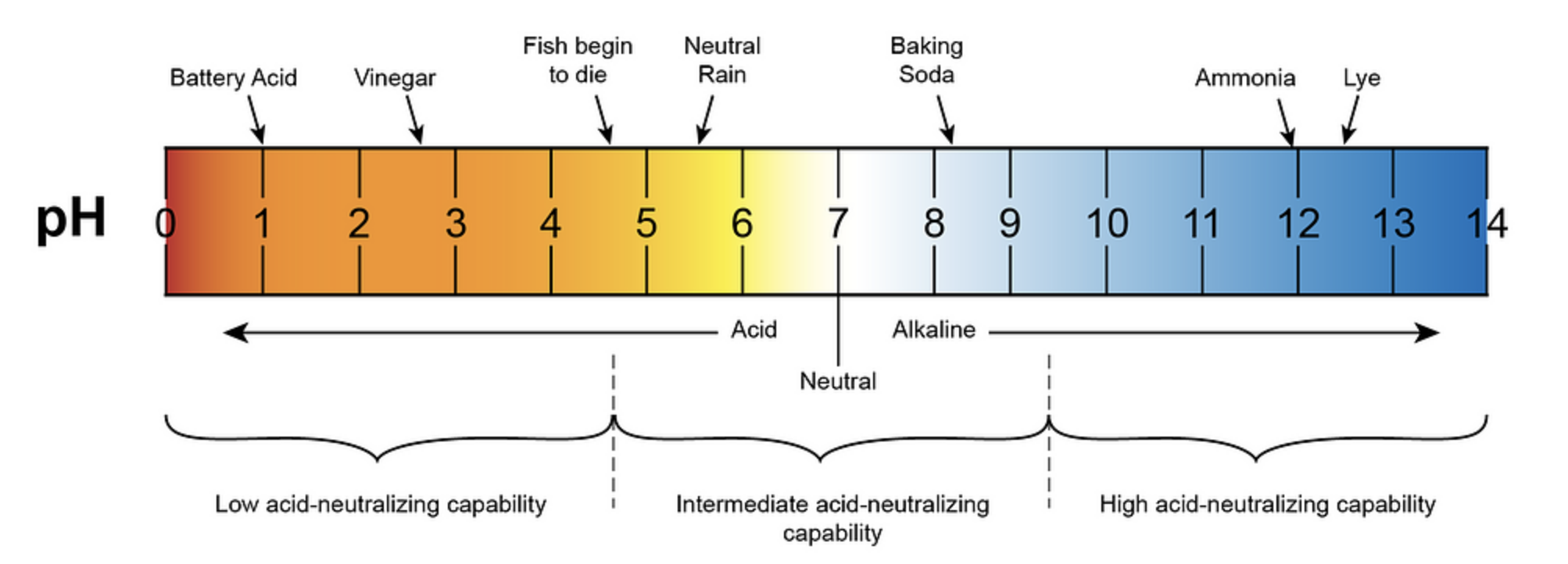The pH of tap water in South Carolina, USA, leaving the treatment plants is about 8.0, which is slightly alkaline. This is due to the addition of a corrosion inhibitor during the treatment process, which forms a molecular barrier between the pipe and the water inside, preventing the corrosion of lead plumbing into water. The amount of disinfectant is carefully measured to the lowest level needed to keep the water free of disease-causing organisms.
Understanding South Carolina’s Water Hardness
South Carolina water hardness is considered very low, with an average water hardness of 25 PPM. Charleston, the most populous South Carolina city, has a water hardness level of 29 PPM. Columbia, the state capital, has 11 PPM, which according to USGS water hardness measures is very soft.
| City | Water Hardness (PPM) |
|---|---|
| Charleston | 29 |
| Columbia | 11 |
| Average | 25 |
Contaminants in South Carolina Tap Water
The contaminants present in the tap water in South Carolina, USA, include chloramines, which are used to disinfect drinking water and are harmful to fish and other aquatic life. However, they are safe for dog, cats, and other non-aquatic pets. If the public water system becomes contaminated or a situation allows the possibility of contamination, such as a water main break, a Boil Water Advisory will be issued. During an advisory, customers should bring water to a vigorous boil for at least one minute and let it cool before using for cooking or drinking to kill any bacteria that may be in the water.
South Carolina’s Water Sources
In South Carolina, about 80 percent of public water systems use surface water as their source of drinking water, and about 20 percent use groundwater or private wells. The water is treated at water treatment plants, such as the Hanahan Water Treatment Plant, which is permitted to treat up to 115.4 million gallons per day (mgd).
Addressing Water Quality Issues
To address water quality issues, it is best to test the potable water supply to understand the specific water quality problems. Common solutions to water contamination problems may include a water filtration system, a reverse osmosis system, or other whole home water treatment solutions. Alternative water treatment solutions such as “water conditioners” have been gaining popularity in recent years because they are cheap to operate and the best eco-friendly solution for hard water.
Conclusion
In summary, the pH of tap water in South Carolina, USA, is slightly alkaline, and the water hardness is very low. The tap water may contain contaminants such as chloramines, and it is essential to test the water supply to understand the specific water quality problems and find appropriate solutions.
References:
– Drinking Water FAQ – City of Columbia Water
– USA South Carolina – HydroFLOW USA: Award Winning Water Treatment …
– South Carolina FAQs – Charleston Water System
– USA Drinking Water – SCDHEC
– USA 2022 Water Quality Report – Greenville Water

